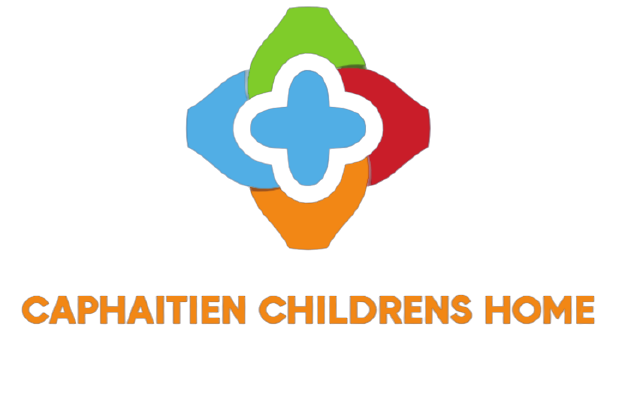Brain strokes are a serious threat to individuals and some of our lifestyle habits give an open invitation to this medical emergency. Before we head on to what these lifestyle habits are, it is important to learn what exactly is a brain stroke? A brain stroke is a serious condition that occurs when the blood supply to various or any part of the brain is disrupted. Due to the halt or delay in blood supply, the brain tissue does not receive oxygen and nutrients, leading to a stroke.
From unhealthy eating to excessive smoking, there are many lifestyle choices that can increase your chances of experiencing a stroke. Researchers at John Hopkins Medicine reveal that taking contraceptive pills can also increase one’s risk of encountering a stroke. The combined oral contraceptive pill and contraceptive patch have the hormone oestrogen, which increases the risk of stroke. The research has highlighted a couple of lifestyle habits that lead to brain stroke:
With work from home in place, physical activity has been restricted a lot more. Being inactive with no movement can only make you obese, further inviting a series of major illness. It makes your vulnerable to chronic conditions and increases the risk of strokes. Regular exercise and eating healthy can protect you from all sorts of life-threatening conditions and complications, one as brain stroke.
SMOKING
Apart from making your heart health and respiratory functions poor, cigarette smoking makes an individual more prone to strokes. Experts at John Hopkins Medicine have stated that smoking almost doubles the risk for an ischemic stroke.
BINGE DRINKING
The researchers condemn binge drinking as it can lead to stroke. It is said that more than two drinks per day raises your blood pressure. As per National Health Services (NHS)’s definition, binge drinking refers to drinking lots of alcohol in a short space of time or drinking to get drunk. While for men, 8 units of alcohol in a single session is termed as binge drinking, for women, it is six units.
MEDICAL CONDITIONS
Individuals with medical conditions such as diabetes, high cholesterol, hypertension, Atrial Fibrillation (AF) are at a higher risk of suffering a stroke. However, these are all controllable risk factors, but family history, age, gender are uncontrollable risk factors.
HOW IS A BRAIN STROKE TREATED?
One needs to act immediately if they see someone suffering with a stroke. In order to treat an ischemic stroke, doctors are advised to quickly restore the blood flow to the brain. However, in case of a hemorrhagic stroke, surgery could be recommended.




